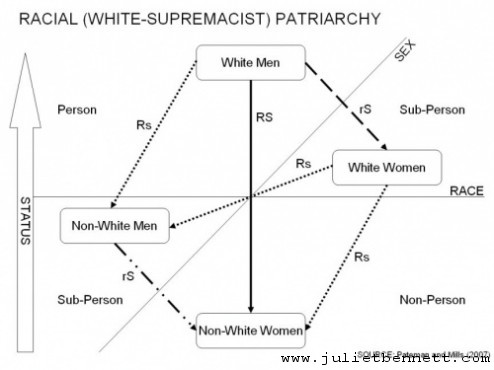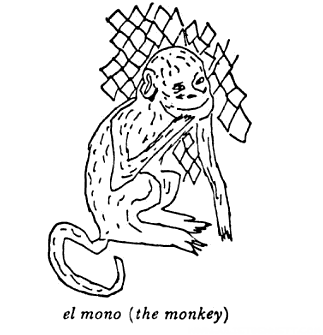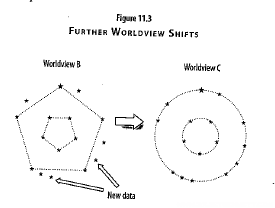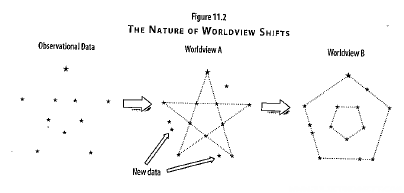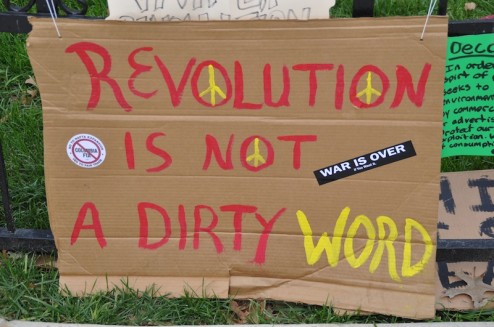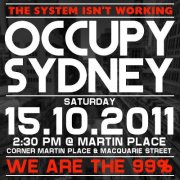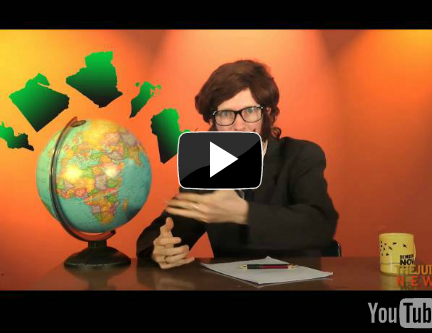What is #OccupyWallSt? Who are the 1%? Why did it take the media so long to report on it? What do protestor’s want? Are they trying to bring down The Pyramid? Will they succeed?
I am teaching a class on the Philosophy of War and Peace in North Carolina, with a specific focus on the Arab Spring. Yet here in America I might be witnessing the greatest revolution of them all: the “OccupyWallSt” movement, and its children.
When I showed RapNews to students a few weeks ago, I had no idea that it would become prophetically true:
[youtube]http://www.youtube.com/watch?v=DdAVl1LvQL0[/youtube]
People have been camping out in Zuccotti Park (formerly “Liberty Plaza Park”) for almost a month, and yet the media in America only started reporting on it just over a week ago. Why?
What is “OccupyWallSt”?
OccupyWallSt (and OccupyChicago, OccupySydney, OccupySeasameSt etc) are peaceful protests against the foothold that corporations have over the state of global affairs including economic injustices, environmental destruction, providing weapons to both sides of wars, controlling the media and making politicians their puppets.
Like the Arab Spring, the demonstrations don’t have a leader. It began with 1000 people walking down the street,and 100-200 sleeping in the park. The idea was originally proposed in an Adbusters (an advertisement-free, anti-consumerist Canadian magazine), who suggested protesting against the lack of holding Wall St responsible for their actions re the global financial crisis, global poverty and their pervasive influence on democracy.
Why did the media take so long to report?
Because the media is owned by corporations, of course.
What do protestor’s want?
I will be able to answer this question much better in a couple of week’s time, after I visit Chicago and Washington DC, and even more so after Thanksgiving when I visit NYC… but for now, this is what I can gauge:
Protestors are holding signs like:
“I am a human being, not a commodity”
“I will believe corporations are people when Georgia executes one of them”
“Money for jobs & housing NOT banks & war”
“We are the 99 percent”
Nobel prizewinning economist Joseph Stiglitz and Jeff Madrick (former economics columnist for the New York Times and author of Age of Greed: The Triumph of Finance and the Decline of America) recently spoke with Wall Street about what caused the global financial crisis. On Australia’s ABC, Peter Lloyd interviews Jeff Madrick click here. Despite the mainstream media’s attempts to make out the protest is “inefffective action”[4], Madrick says that “The fact is the gut feelings of these people or the informed feelings of some of them because there are a lot of educated people there, are essentially correct. They are correct that Wall Street was the principal cause of the great recession, that greed and outrageous pay was a principal cause and that Washington has not properly dealt with it…”[5]
There is talk of the protest being the left wing response to the “Tea Party”, with one big difference. Madrick notes “These people don’t march to one drummer like the disciplined Tea Party. These people think for themselves, have independent frustrations, have independent agendas.”[5]
Who are the 1%?
According to the Washington Post the top 1 percent are those American households who “had a minimum income of $516,633 in 2010 — a figure that includes wages, government transfers and money from capital gains, dividends and other investment income.” [2] Their average wealth was $14 million in 2009 (down from a $19.2 million peak in 2007).[2]
Documentaries like Inside Job names and shames some of the 1% who were responsible for the Global Financial Crisis (GFC).
[youtube]http://www.youtube.com/watch?v=laDpH4vmBB0[/youtube]
Who are the 99%?
The rest of us! Anyone who makes less than $516,633 a year.The 99% are the ones who paid (and are still paying) for the GFC. The 99% want to work, and there’s lots of work to be done, but there’s no money for them to pay one another because the greedy 1% have sucked it out of the system and put it in their pockets.
Ezra Klein in the Washington Post breaks this down further: “the bottom 60 percent earned a maximum of $59,154 in 2010, the bottom 40 percent earned a max of $33,870, while the bottom 20 percent earned just $16,961 at maximum.” [2]
What influence does money have on politics?
For a simple explanation check out the “Story of Stuff”:
[youtube]http://www.youtube.com/watch?v=9GorqroigqM[/youtube]
and
“Story of Citizens United v. FEC”:
[youtube]http://www.youtube.com/watch?v=k5kHACjrdEY[/youtube]
The Pyramid: Laws, Population, Poverty & Ecology
My Master of Peace and Conflict Studies taught me that global politics, economics, military, society and psychology are intertwined and extremely complex. My attention has been drawn to the intersections of growing population, poverty and the ecological predicament they create: (1) For global population to stabilize we must help people at the base of the pyramid out of poverty; (2) We need six Earths to sustain 7 billion people living like Americans and Australians do; (3) Technology will only solve this problem if the people at the top invest in it.
In short, a sustainable habitat and lifestyle for humans requires the priorities of corporations need to change from the legalized goal of profit for shareholders, to the moral goal of improving the lives of people in the world today and in the future.
Let me recap a useful metaphor: The Pyramid. In Preserving The Pyramid: Why things are the way they are I proposed that things are the way they are because they have been designed this way: poverty, religion, education systems, health-related issues – all of our problems are (at least in part) designed to preserve “The Pyramid”.
Changing laws and priorities isn’t easy, particularly when The Pyramid has guardians around all its walls, protecting the wealth and power of the elites at the top.
Are protester’s trying to bring down The Pyramid?
I don’t think so. It seems to me these protesters are using non-violent conflict to demand a more mobile hierarchy of power, a global social and economic pyramid that doesn’t exploit the people it is supposed to protect. That makes them my heroes.
What can be done?
The power in The Global Pyramid today lies with the bankers and stockmarket – people with a license to print money or make money from nothing – shuffling papers, or giving letting others shuffle papers for them. If shareholders invest to make profit, then companies will continue to put profit before people and our planet. Even if shareholders personally care more about life than money, the system has become bigger than it’s parts.
Madrick gives some more specific suggestions: (1) “get over this obsession with austerity economics”; (2) “reinvest in this economy in significant ways”; (3) “we really need a different regulation scheme for Wall Street”. Unfortunately this latter suggestion, Madrick suggests, “will be very difficult to do given the power and money on Wall Street.”[5]
How can the rules that govern Wall St be updated to prioritize life and our ecosystems over monetary profit? Which laws need to be changed? How can the economy be stimulated without needing to fund both sides of wars? How can Wall Street be better regulated?
Will the #Occupy Movement succeed?
“Can I say this will end in complete victory?” Madrick asks, “No, you can never say that. But it may begin to change public opinion enough to give Congress people in Washington the courage of their own convictions. Many of them are disgusted by what’s happening and can’t get any traction for their own ideas and maybe they will begin to get the courage to come forward… The American establishment has the courage to ask one fundamental question: what is Wall Street for? Do we need a Wall Street that takes 40 per cent of American profits? No way. Let’s rethink that. But the American establishment seems anyway afraid to ask that question and we have to start asking that.”[5]
The protesters give me hope. They are turning words into action, demanding their (and our) basic human rights, they are making peace a verb.
References:
[1] ^ What’s behind the scorn for the Wall Street protests?, Glenn Greenwald, Salon, September 29, 2011; accessed September 29, 2011
[2] http://www.washingtonpost.com/blogs/ezra-klein/post/who-are-the-1-percenters/2011/10/06/gIQAn4JDQL_blog.html
[3] http://politicalticker.blogs.cnn.com/2011/10/10/poll-half-the-country-has-heard-about-the-occupy-wall-street-protests/
[4] http://www.economist.com/blogs/democracyinamerica/2011/10/wall-street-protests
[5] http://www.abc.net.au/pm/content/2011/s3332160.htm


